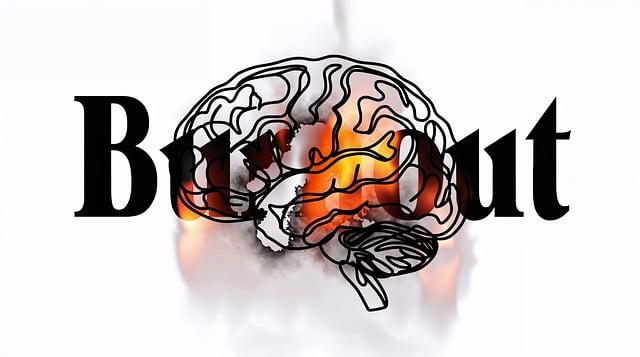Boulder First Responders Therapy emphasizes the importance of recognizing depression's subtle signs beyond just sadness. Early detection through emotional regulation, journaling, and inner strength development is crucial. Incorporating therapy addresses underlying causes and provides coping mechanisms to prevent symptom escalation. Proactive mental health measures, like mindfulness meditation, empower first responders to manage high-stress roles and maintain resilience. Seeking professional support from specialized services enhances depression prevention and burnout management, offering tailored techniques for emotional well-being.
Depression is a serious yet preventable condition that affects countless individuals, including our heroes among the Boulder First Responders. This article offers a comprehensive guide to depression prevention strategies tailored specifically for first responders. We explore early detection methods to recognize signs in yourself or peers, delve into proactive lifestyle adjustments and coping mechanisms, and provide a detailed look at accessing support networks and professional help. With access to effective therapy, Boulder first responders can combat depression and foster resilience.
- Recognizing the Signs of Depression: Early Detection for Boulder First Responders
- Lifestyle Adjustments and Coping Mechanisms: Proactive Prevention Techniques
- Accessing Support Networks and Professional Help: A Comprehensive Guide for Well-Being
Recognizing the Signs of Depression: Early Detection for Boulder First Responders

Recognizing the subtle signs of depression is a critical step for Boulder First Responders to take in order to protect their mental wellness. While many associate intense sadness with depression, this mood disorder can manifest in various ways—from persistent feelings of emptiness and fatigue to changes in appetite or sleep patterns. Early detection is key as it allows for timely intervention and support.
Boulder First Responders can benefit from incorporating practices such as emotional regulation techniques, mental wellness journaling exercises, and inner strength development activities into their routines. Therapy serves as a valuable tool for identifying underlying causes of distress and learning coping mechanisms that can help manage symptoms before they escalate. By prioritizing mental health awareness and implementing preventive strategies, Boulder First Responders can better navigate challenges and maintain resilience in their high-stress roles.
Lifestyle Adjustments and Coping Mechanisms: Proactive Prevention Techniques

Depression is a complex condition that can be prevented through proactive lifestyle adjustments and coping mechanisms. For individuals in Boulder, First Responders Therapy offers specialized support tailored to address the unique challenges faced by those in high-stress professions. By integrating Emotional Intelligence into daily routines, individuals can enhance their emotional well-being promotion techniques. This involves recognizing and managing one’s emotions effectively, fostering better relationships, and improving overall resilience.
Mindfulness meditation is another powerful tool that can be incorporated into one’s routine. Regular practice has been shown to reduce symptoms of depression by promoting a sense of calm and clarity. It encourages individuals to stay present, focusing on the here and now rather than dwelling on negative thoughts or worrying about the future. These emotional well-being promotion techniques, when combined with professional support, can significantly contribute to preventing and managing depression.
Accessing Support Networks and Professional Help: A Comprehensive Guide for Well-Being

Accessing support networks and professional help is a crucial component of depression prevention. Building a robust support system can significantly enhance emotional resilience and overall well-being. In Boulder, First Responders Therapy offers specialized services tailored to address the unique challenges faced by individuals in high-stress professions. This therapeutic environment provides a safe space for mental health professionals to engage in emotional regulation techniques, fostering better coping mechanisms and stress management skills.
For those at risk of burnout or experiencing symptoms of depression, seeking professional guidance early on is essential. Mental health professionals can assist in developing risk management planning, a strategic approach to mitigate stressors and promote resilience. By integrating evidence-based practices, personalized therapy sessions, and supportive networks, individuals can navigate life’s challenges more effectively, ensuring better mental health outcomes and a higher quality of life.
Depression prevention is a holistic process that empowers Boulder First Responders to take control of their mental health. By recognizing signs early, adopting proactive lifestyle adjustments, and leveraging support networks including professional therapy, individuals can effectively navigate challenges and promote well-being. Accessible resources and open dialogue are key to ensuring this crucial aspect of self-care receives the attention it deserves.









